Baghdad must 'take actions' after strikes on US interests, Washington says
Since October 28, ten rocket attacks have targeted areas where US soldiers and diplomats are stationed
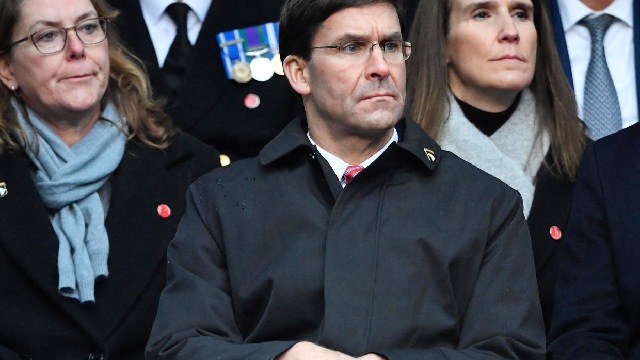
PHOTO: Reuters
Tehran wields growing influence in Iraq, particularly through armed factions.
Since October 28, ten rocket attacks have targeted areas where US soldiers and diplomats are stationed.
They have not been claimed, but the United States has blamed Iranian-backed paramilitary groups.
Turkey to respond if US imposes sanctions
US Defense Secretary Mark Esper told reporters Monday he had expressed "concern about the optics in attacks on bases in Iraq where US troops and material might be," in a call with outgoing prime minister Adel Abdel Mahdi.
The US has "a right of self defense, that we would ask our Iraqi partners to take proactive actions... to get that under control, because it's not good for anybody," he told Abdel Mahdi.
Abdel Mahdi's office released a statement earlier Monday confirming the phone call and asking everyone "to spare no effort to prevent an escalation that will threaten all parties".
"Unilateral decisions will trigger negative reactions that will make it more difficult to control the situation and will threaten Iraq's security, sovereignty and independence," he said.
Esper, speaking on a plane returning from Belgium, where he had attended the 75th anniversary of the Battle of the Bulge, acknowledged Tehran's involvement was difficult to prove.
"My suspicion would be that Iran is behind these attacks, much like they are behind a lot of malign behavior throughout the region," he said. "But it's hard to pin down."
Abdel Mahdi is a close ally of Iran who also enjoyed cordial relations with the US.
He resigned in early December after the two months of unprecedented demonstrations in the capital that have left 460 people dead.
Negotiations are underway to name his successor.
"If the Iraqi government or state weakens, this will exacerbate escalation and chaos," Abdel Mahdi told Esper, according to the statement.
Iran has gained overwhelming influence in Iraq since the 2003 US invasion brought down Saddam Hussain.
A US source recently told AFP that pro-Iran factions in Iraq were now considered a more significant threat to American soldiers than the militant Islamic State group (IS).
Iran unveils budget of 'resistance' against US sanctions
The attacks have killed one Iraqi soldier and left others wounded, as well as causing material damage in the vicinity of the US embassy in Baghdad's ultra-secure Green Zone.
The US has recently reinforced its security at the embassy, according to an Iraqi security source, who said "a convoy of 15 American vehicles each transporting armoured trucks and weapons entered the Green Zone".
Top US diplomat Mike Pompeo on Friday warned Iran's leaders "that any attacks by them, or their proxies of any identity, that harm Americans, our allies or our interests will be answered with a decisive US response".
US officials say they are considering sending 5,000 to 7,000 troops to the region to counter Iran, although Esper on Friday again denied a report that a 14,000-strong deployment was under discussion.

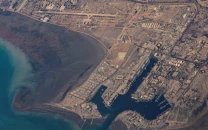
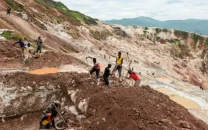
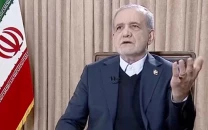
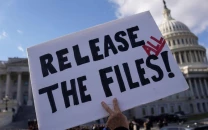
1721969212-0/BeFunky-collage]-(35)1721969212-0-208x130.webp)
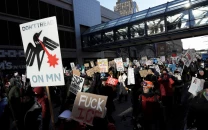












COMMENTS
Comments are moderated and generally will be posted if they are on-topic and not abusive.
For more information, please see our Comments FAQ